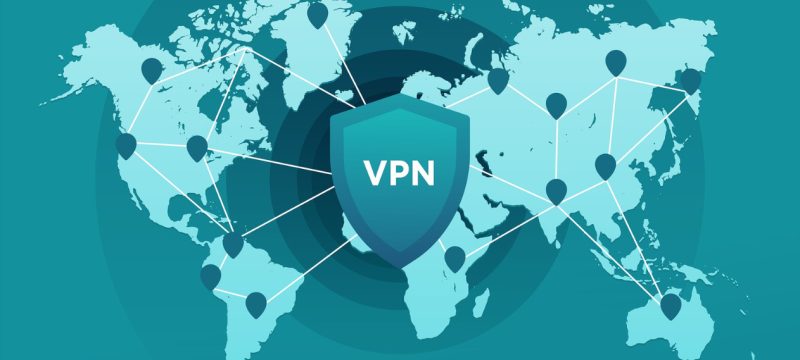The Pakistani government has recently implemented a mandatory registration requirement for Virtual Private Networks (VPNs) as part of its enhanced cybersecurity efforts. This move coincides with Pakistan’s elevation to Tier 1 status in the International Telecommunication Union’s (ITU) Global Cybersecurity Index 2024, marking a significant improvement in the country’s cybersecurity standing.
Having moved from a previous score of 79, Pakistan now ranks among the top 46 countries globally in cybersecurity, achieving a “role modeling” status in the Tier 1 category, which includes nations with scores between 95 and 100. This advancement reflects the country’s commitment to bolstering its digital security infrastructure.
Also Read: VPN Access Restricted Amid Connectivity Issues in Pakistan
The mandatory VPN registration aims to prevent unauthorized online activities that could threaten national security. While the government is focused on regulating internet usage, it has emphasized that the initiative will protect legitimate users’ privacy. Unregistered VPNs are seen as potential tools for accessing sensitive content that could compromise national interests.
To support this policy, the government has established the National Cyber Security Task Force, which is responsible for combating cyber threats and implementing protective measures. This task force will play a key role in monitoring online activities to ensure compliance with national security protocols and public safety standards.
The new regulations are also intended to address concerns over unauthorized access to content, particularly in public and private sectors, and ensure the protection of critical digital infrastructure. Officials have stressed that the policy aligns with international cybersecurity standards while ensuring the continued protection of citizens’ legitimate internet rights.









